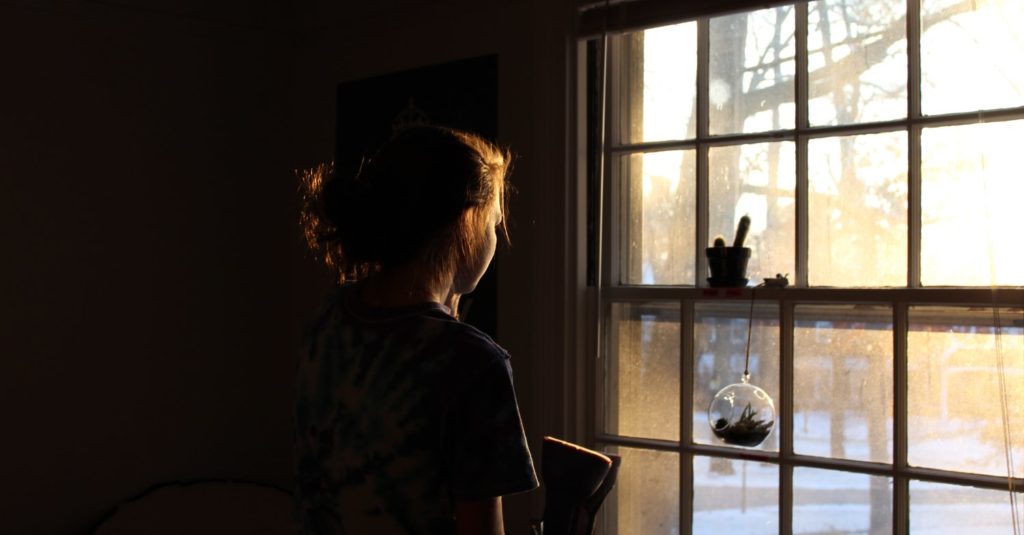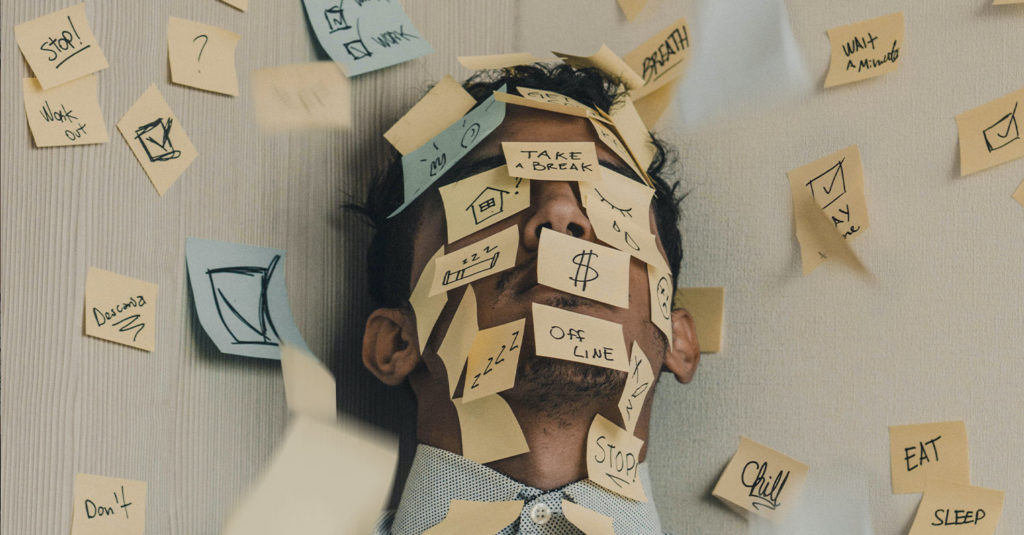Many words have been written comparing the various national responses to the coronavirus pandemic. The consensus seems to be that western nations (particularly the UK) weren’t adequately prepared in terms of the technology, planning and infrastructure required.
However, I don’t think the only problem was with our resources and planning. I suspect one of the reasons we’ve found this crisis so difficult is because the West was also underprepared emotionally.
The default worldview in the West, which I would define as a kind of vaguely-hopeful secular materialism, leaves individuals ill-prepared to cope with the reality of suffering. When compared with almost any other worldview, modern secular folk are deeply ill-equipped to deal with the inevitable pain that accompanies life.
From a secular perspective, life is meaningless, and so all suffering must be meaningless. If we’re truly honest with ourselves, most modern people assume that life has no inherent meaning. There’s no creator and no underlying purpose to life. We exist as a result of random physical and biological processes. As a result, all suffering must be senseless. There’s no ability to find a higher purpose to our suffering, because there is no reason or purpose to life.
This differs from the approach of almost all other cultures throughout history. For some ancient cultures, suffering was an essential part of the path to enlightenment. For those in more moralistic cultures, there was a purpose in suffering in that it helped one become a better person. Whilst they differ in their interpretation of the universe, these cultures all gave people a purpose to hold onto when things got difficult. The secular person has no equivalent. Suffering is just a random accident that must be avoided at all costs.
Of course, many non-religious people would not recognise the idea that life is meaningless. If anything, many would argue that the meaninglessness of life is the ideal opportunity to be able to define for yourself what your purpose is, whether that’s in your career, relationships, or some bigger vision of changing the world. Whatever makes you happy. But if happiness is your only goal, suffering has the potential to crush you. When you suffer, it’s very likely that the things that make you happy will be stripped away. If happiness is your only goal, and suffering puts that beyond reach, suffering will rob you of your very reason to live. Human beings need a purpose to live for which is more than simply their own happiness. But modern Western culture simply assumes that happiness is the overriding goal of our existence.
For many of us, our modern pursuit of happiness is (at least partly) focused on acquiring more stuff or sampling new experiences. Of course, these things do make us feel better for a while. But the things we were looking forward to have the annoying habit of eventually disappointing us. The new iPhone feels initially exciting, but soon the novelty wears off. Our holiday feels incredible, but of course, all holidays must come to an end. In fact, the joy from any transcendent experience will eventually fade. It’s why so many of us find ourselves on an unending search for new experiences, new relationships or the latest upgrade, all in a search for a sense of lasting fulfilment that never comes. And, of course, these pleasures are never sufficient to deal with the brutal realities of suffering. No amount of material wealth or wonderful experiences can address the pain of losing a child or a spouse leaving you.
However, suffering is not the most difficult thing we have to reckon with. The most challenging part of this crisis has been the reminder of the reality of death. We’ve been confronted on a daily basis about the fragility of human life. In normal times, we’re able to ignore death, as most folk pass away hidden from view in hospitals and care homes. For the young, death feels like a remote prospect. Yet, this is convenient, because the modern secular worldview is fundamentally hopeless in the face of death, arguing that there’s no hope beyond this life.
We may try to ignore it, but according to a secular worldview, one day everything we’ve worked for and every relationship we hold dear must come to an end. This is why we try to tell ourselves ‘they’re in a better place’ or ‘they’re looking down on you’, despite the fact that this isn’t consistent with our view of the world. The reality of death is a bitter pill to swallow.
I suspect most regular Salt readers know by now what I think is the worldview that sustains us through a crisis and gives us hope beyond death. But whether you share my hope in Christ or not, I’m convinced that the default secular option that most people have been raised on is no meaningful solace in a crisis.





